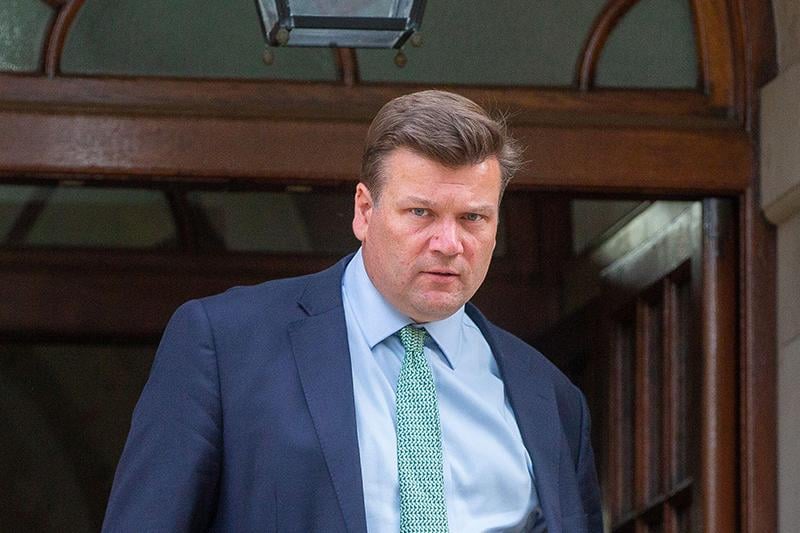
James Heappey, the UK Minister of the Armed Services, made the comments at the Global Air & Space Chiefs' Conference.
Credit: Tayfun Salci/ZUMA Press Wire/Alamy
LONDON—The aircraft on display at the Royal International Air Tattoo (RIAT) this weekend all lack a quantum computing system, and if they cannot quickly take on board the emerging technology when it becomes available they risk becoming obsolete, a UK minister says. “I’m conscious that all of you are...
Subscription Required
UK Minister: Military Aircraft Must Be Ready For Quantum Computing is published in Aerospace Daily & Defense Report, an Aviation Week Intelligence Network (AWIN) Market Briefing and is included with your AWIN membership.
Already a member of AWIN or subscribe to Aerospace Daily & Defense Report through your company? Login with your existing email and password.
Not a member? Learn how you can access the market intelligence and data you need to stay abreast of what's happening in the aerospace and defense community.
